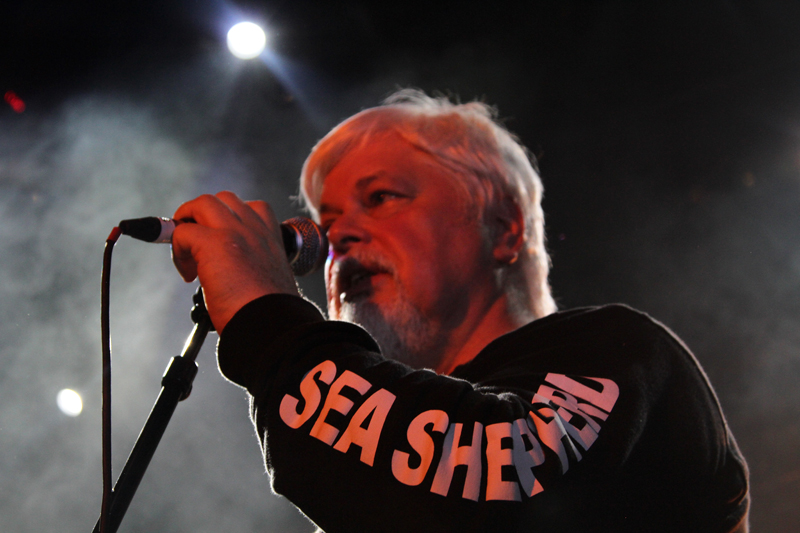Paul Watson was apprehended in Nuuk, the capital of Greenland, while attending a marine conservation summit. The arrest warrant from Japan accuses him of several offenses, including obstruction of navigation, endangering human life at sea, and property destruction. These charges stem from Sea Shepherd’s aggressive interventions against Japanese whaling vessels in the Southern Ocean.
Founded in 1977, Sea Shepherd is known for its direct action approach to protecting marine life. Its approach often clashes with whalers, illegal fishers, and other maritime operations deemed harmful to the environment.
Watson has been arrested before, notably in Germany in 2012, but managed to avoid extradition.
International Reactions
Paul Watson’s arrest has sparked strong reactions worldwide. Environmentalists and activists have rallied in support, praising his commitment to marine conservation and criticizing the arrest as an attempt to suppress activism. They argue that Watson’s actions, while controversial, are necessary to combat illegal and immoral practices at sea.
Conversely, governments and industries involved in whaling and commercial fishing have welcomed the arrest. They contend that Watson’s tactics are illegal and dangerous, endangering lives and violating international maritime law. Japan has expressed its desire to see Watson held accountable for his actions against their whaling operations.
Additionally, many environmental organizations and public figures have expressed their support for Watson. Greenpeace condemned the arrest, highlighting the importance of protecting environmental activism. Celebrities such as Leonardo DiCaprio and environmental activist Greta Thunberg have also expressed solidarity with Watson. Thus, they call for his release and emphasizing the crucial nature of his work.
What Future For Sea Shepherd?
Watson’s future now depends on legal proceedings in Greenland and potential extradition requests to Japan. Indeed, if extradited, he could face a trial that might result in a prison sentence, significantly impacting his role and the future of Sea Shepherd.
However, under the leadership of regional directors, the NGO continues its mission to protect marine life. Watson’s arrest could affect funding and public support, but it might also galvanize the group’s supporters, intensifying their resolve to fight for ocean conservation.
In conclusion, Paul Watson’s arrest in Greenland highlights the complex interplay between environmental activism, legal boundaries, and international politics. As legal proceedings unfold, global attention remains focused on Watson’s fate and the broader implications for the environmental movement.










